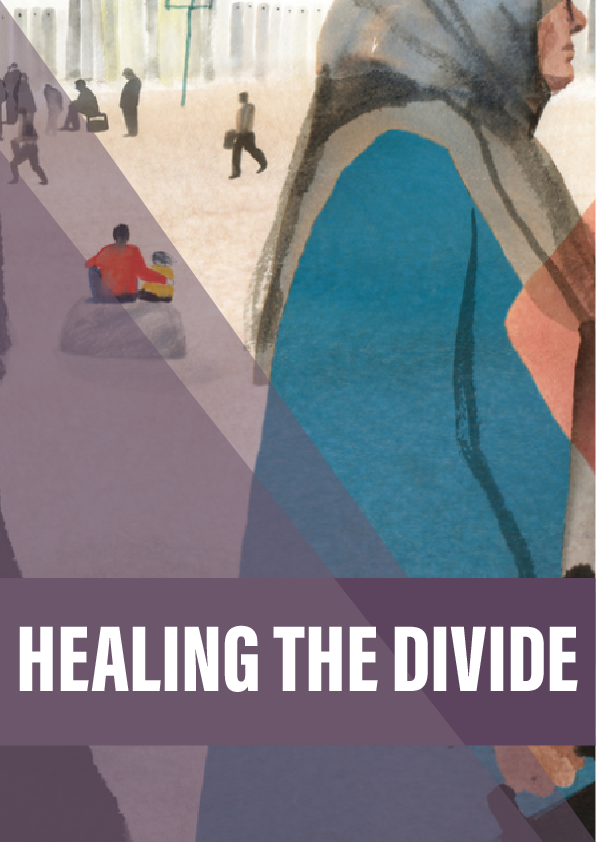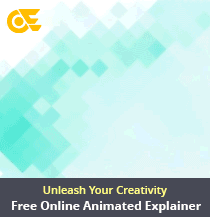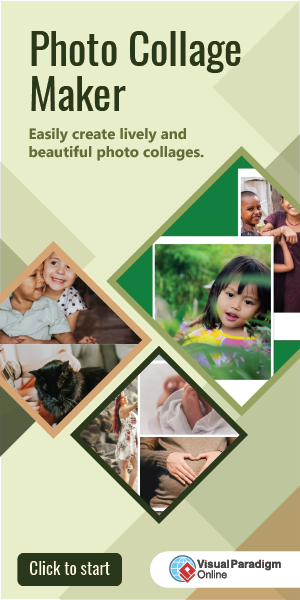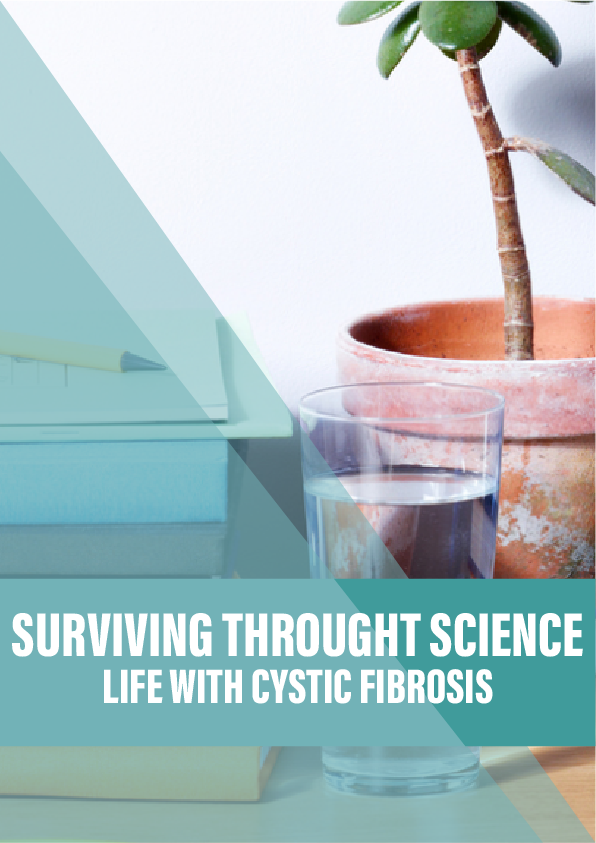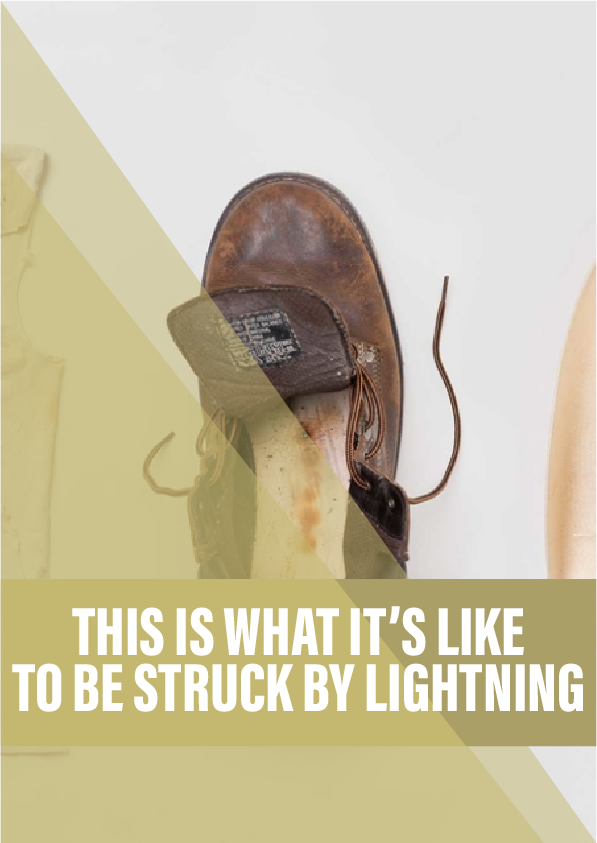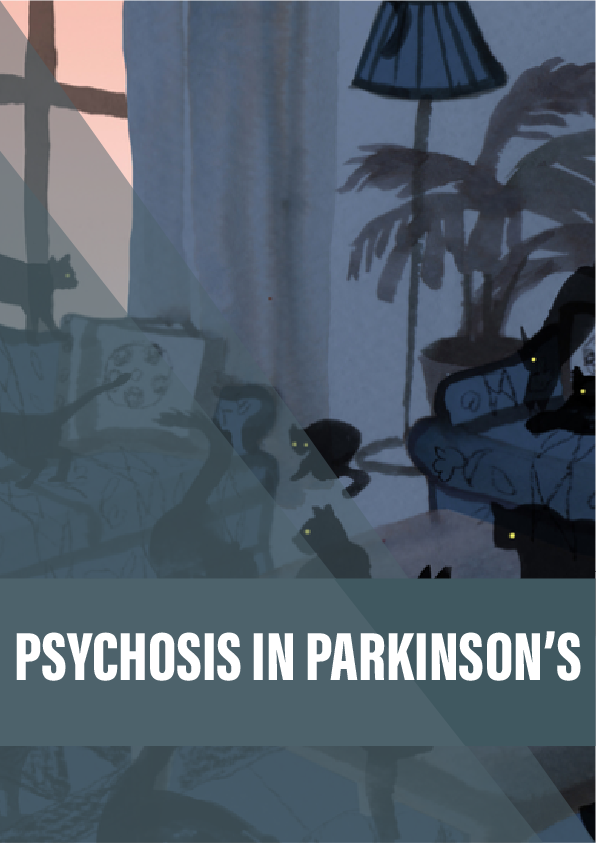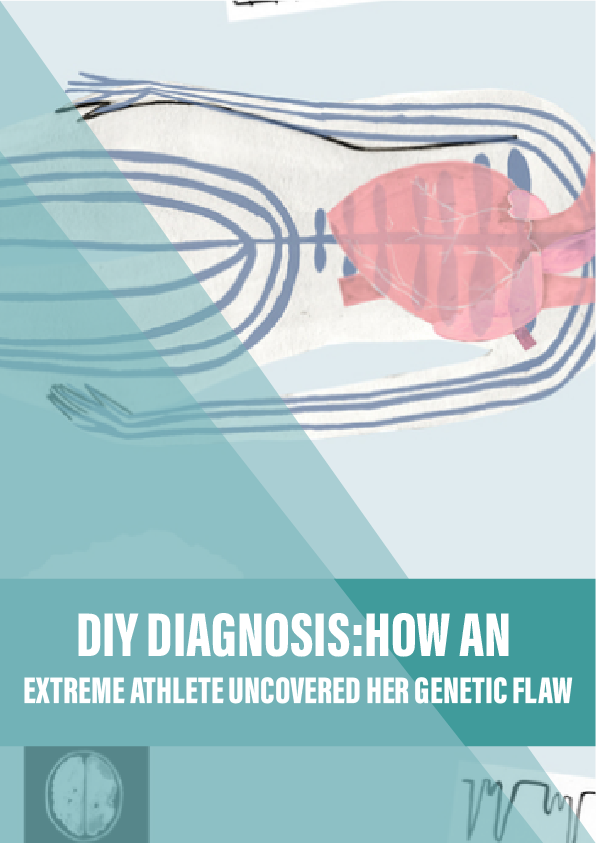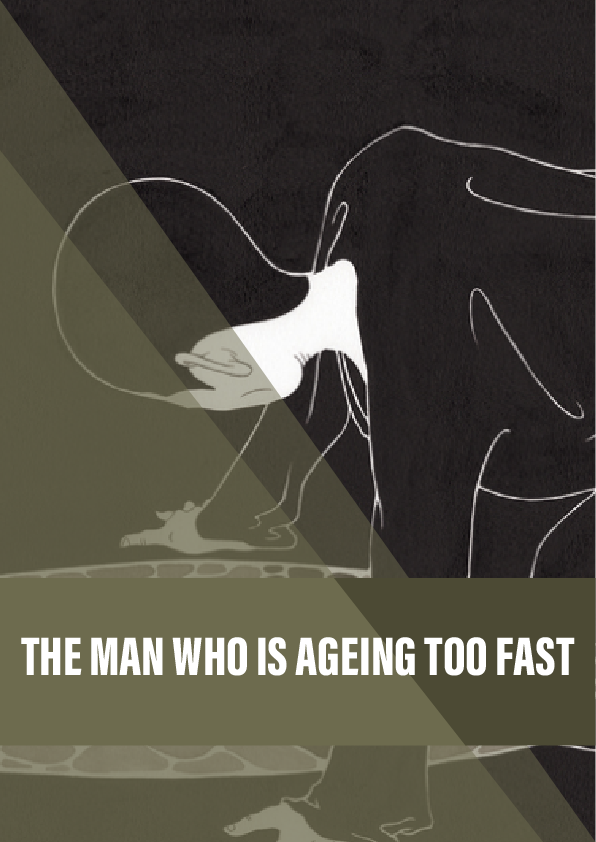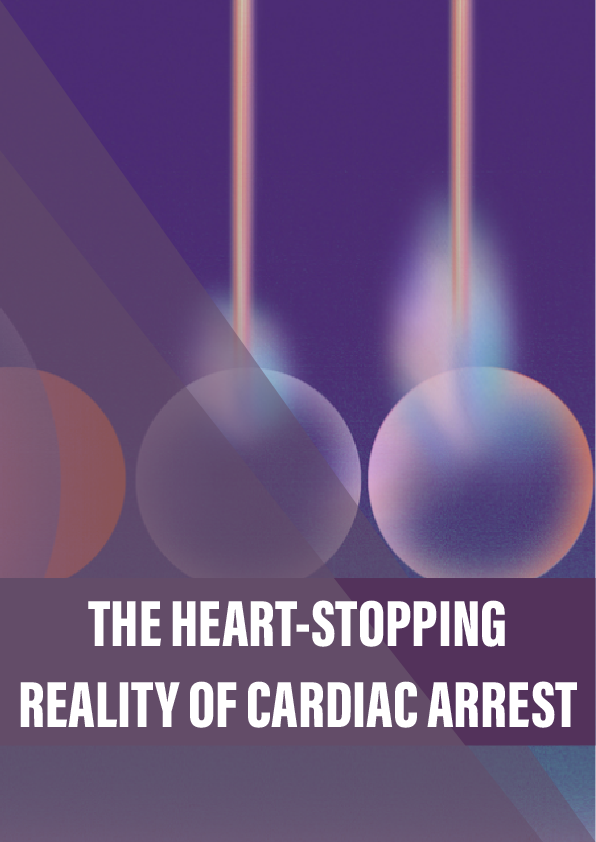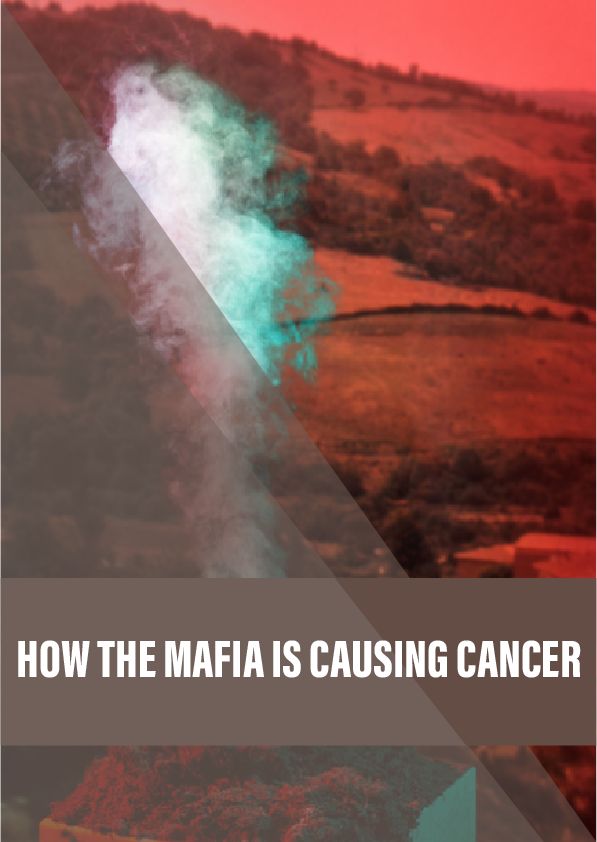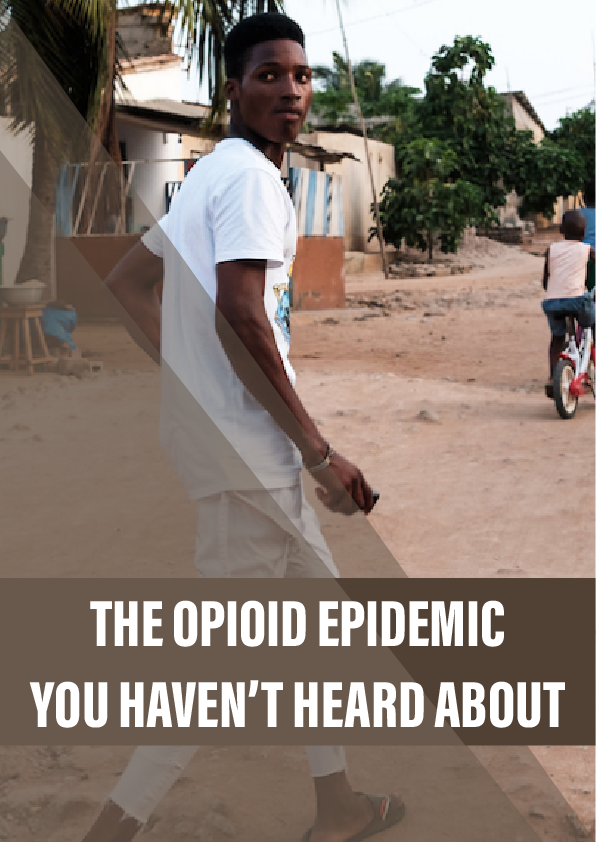At 6.30am, the Eyal border crossing is a picture of human misery. The official name is “border crossing”, but nobody uses this term. Israelis and Palestinians alike say “Makhsom” – meaning barrier or roadblock – which reveals the psyche of movement between Israel and the West Bank.
Thousands of Palestinian workers, mainly men, who have made it through the rigorous security check via steel pens, are looking for a bus, pickup truck or employer that will take them for a valuable day of work inside Israel proper. The narrow road leading from the crossing to the main road and on to the centre of Israel is gridlocked. Israeli police and border patrol are watching from a distance while it seems every traffic law is disregarded. It can take hours in overcrowded conditions, facing petty tyranny from the guards, and there is no guarantee of being allowed to the other side.
Behind rows of buses is a policeman from the Palestinian Police Force and Leila, his three-year-old daughter, who suffers from high blood pressure. They are on their way to Tel HaShomer hospital, near Tel Aviv, for treatment for the little girl. They are foreigners in this country – from Israel’s estranged neighbours, no less. Yet amid the car engines, horns and general mayhem, the father and daughter sitting on a rock appear to be the calmest people around. They are comfortable in the knowledge that someone is coming to pick them up. That someone is my brother, Amir Adar, a software engineer, a 60-year-old Israeli citizen and a volunteer for Road to Recovery, a group of Israelis who drive sick Palestinians to Israeli hospitals from Israel’s borders with the West Bank and the Gaza Strip.
Reference:
Road to Recovery’s website provides information about the group’s current work, goals and projects. You can also donate.The Parents Circle – Families Forum is an Israeli–Palestinian group for families who have lost loved ones in the conflict, dedicated to promoting peace and understanding. Road to Recovery was formed out of this group’s meetings.
